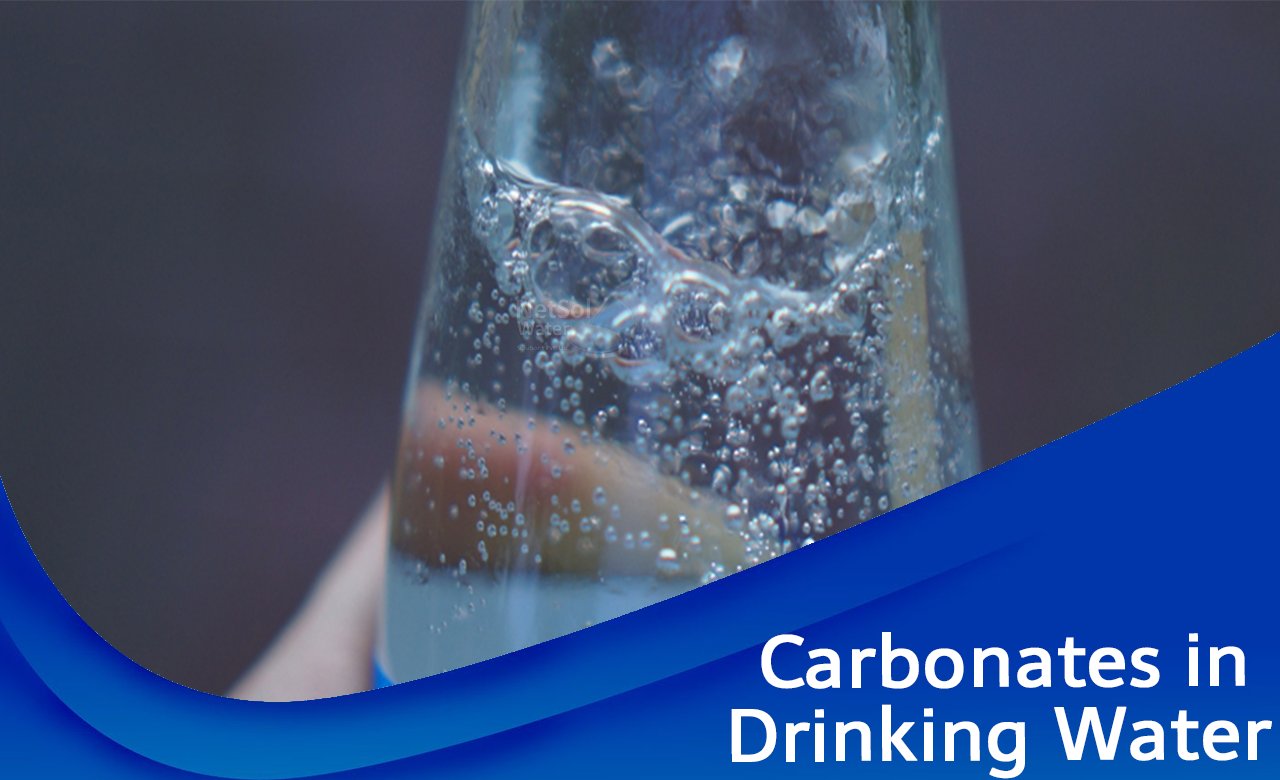Carbonate in water is crucial for understanding its chemistry. Essentially, carbonate in water refers to the presence of dissolved carbonate ions, which affect the water’s pH level and mineral content. These ions play a significant role in various environmental processes and can influence the taste of water. Understanding what carbonate in water entails helps in comprehending its impact on aquatic ecosystems and human consumption patterns. Let’s delve deeper into the world of carbonate in water to unlock its mysteries and significance.
Understanding What Is Carbonate in Water
Welcome to our blog where we will dive into the fascinating world of water chemistry and explore the concept of carbonate in water. You may have heard the term “carbonate” before, but do you know what it really means in the context of water? Let’s find out together!
The Basics of Carbonate
Carbonate is a key component in water chemistry that plays a significant role in determining the quality of water. In simple terms, carbonate is a chemical compound that consists of carbon and oxygen atoms bonded together. It is commonly found in various forms in nature, including in rocks, shells, and of course, water.
Types of Carbonate in Water
When we talk about carbonate in water, we are typically referring to two main forms: bicarbonate (HCO3-) and carbonate (CO3^2-). These forms are essential in maintaining the pH balance of water and are influenced by factors such as temperature, pressure, and the presence of other chemicals.
The Role of Carbonate in Water Quality
Carbonate in water is crucial for a variety of reasons. One of its key roles is buffering, which helps stabilize the pH of water and prevent rapid fluctuations. This is important because extreme changes in pH can have negative effects on aquatic life and the overall health of ecosystems.
Impact on Aquatic Life
Aquatic organisms, such as fish and plants, are highly sensitive to changes in water chemistry. Carbonate levels can directly affect their survival and growth by influencing the availability of essential nutrients and minerals. Understanding and monitoring carbonate levels in water bodies is therefore essential for protecting aquatic ecosystems.
Factors Affecting Carbonate Levels
Several factors can influence the levels of carbonate in water. For example, human activities such as industrial discharge and agriculture can introduce excess carbonate into water bodies, leading to imbalances in water chemistry. Natural processes, such as weathering of rocks and volcanic activity, can also impact carbonate levels.
Measuring Carbonate Levels
Scientists use various methods to measure carbonate levels in water, including titration and spectrophotometry. These techniques allow researchers to quantify the amount of carbonate present in a sample and assess its potential impact on water quality.
Managing Carbonate in Water
Ensuring the proper management of carbonate in water is crucial for maintaining healthy aquatic ecosystems and safe drinking water. Strategies such as water treatment processes and watershed management can help control carbonate levels and prevent harmful imbalances.
Water Treatment Technologies
Advanced water treatment technologies, such as ion exchange and reverse osmosis, can be used to remove excess carbonate from water sources. These processes help improve water quality and ensure that it meets safety standards for human consumption and environmental protection.
In Conclusion
Carbonate is a fundamental component of water chemistry that plays a vital role in maintaining water quality and supporting aquatic life. By understanding the significance of carbonate in water and implementing effective management strategies, we can help preserve our precious water resources for future generations.
We hope this blog has shed some light on the importance of carbonate in water and its impact on the environment. Thank you for joining us on this educational journey!
Why You Should Drink Carbonated Water
Frequently Asked Questions
What does carbonate in water indicate?
Carbonate in water signifies the presence of dissolved carbon dioxide gas, which forms carbonic acid when it reacts with water. This chemical compound can affect the pH level of the water and is often found in natural bodies of water as well as in water treatment processes.
How does carbonate in water impact its taste and odor?
Carbonate in water can lead to a slightly alkaline taste and odor due to its ability to increase the pH level. This can result in a more bitter or metallic taste in water, especially when present in higher concentrations.
What are the potential health effects of carbonate in drinking water?
Elevated levels of carbonate in drinking water are generally not harmful to health. However, high carbonate concentrations can lead to increased water hardness, which may cause scale buildup in pipes and appliances. It’s important to monitor carbonate levels in water to maintain its quality and prevent issues related to hardness.
Final Thoughts
In conclusion, carbonate in water refers to the presence of carbonate ions, which contribute to water alkalinity. These ions can react with other substances, affecting water quality and pH levels. Understanding the role of carbonate in water is crucial for various applications, including water treatment and environmental monitoring. Monitoring carbonate levels can help prevent issues such as scaling in pipes and equipment. It is essential to consider the impact of carbonate in water to ensure the water’s safety and quality.




